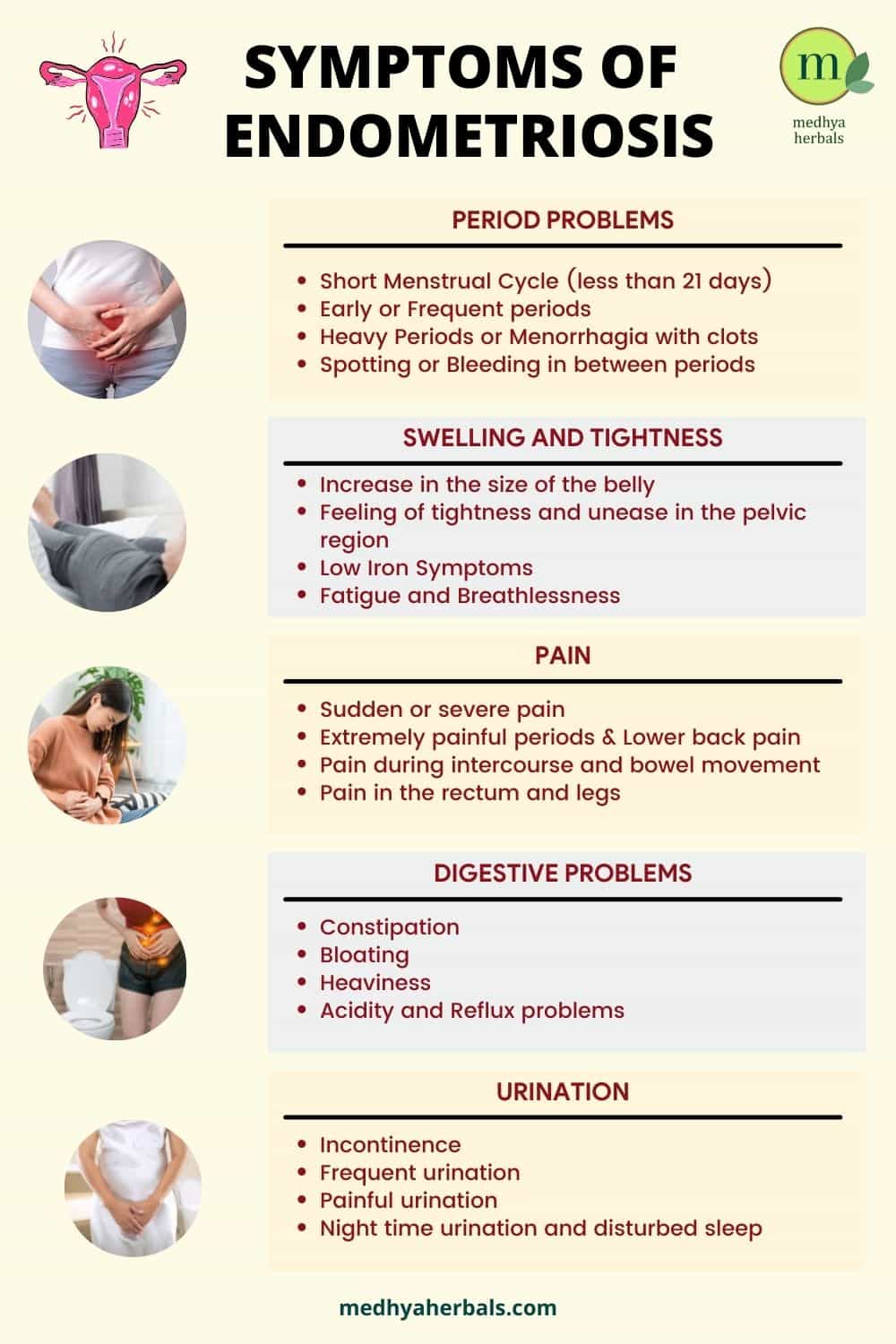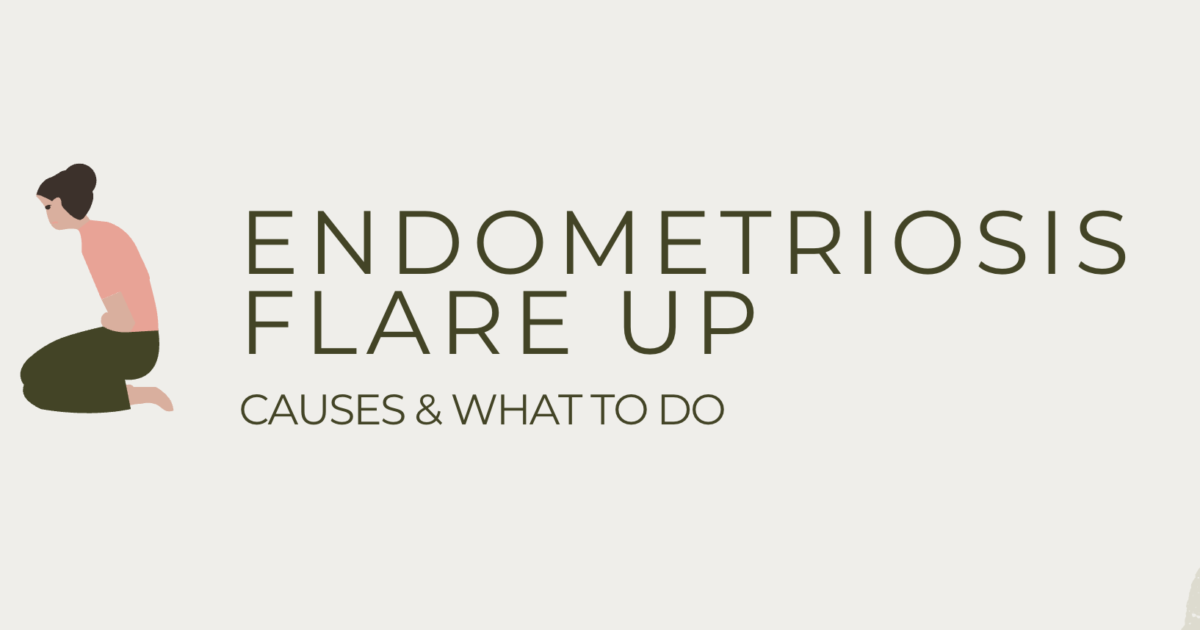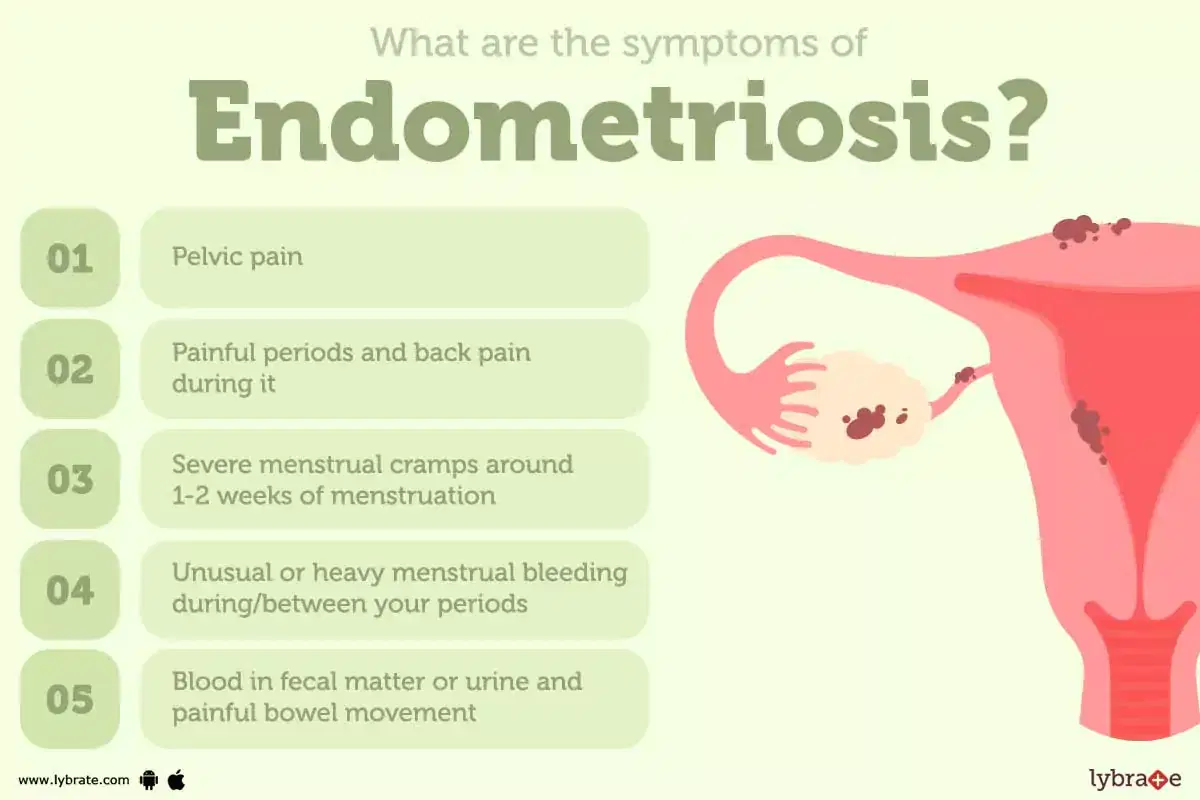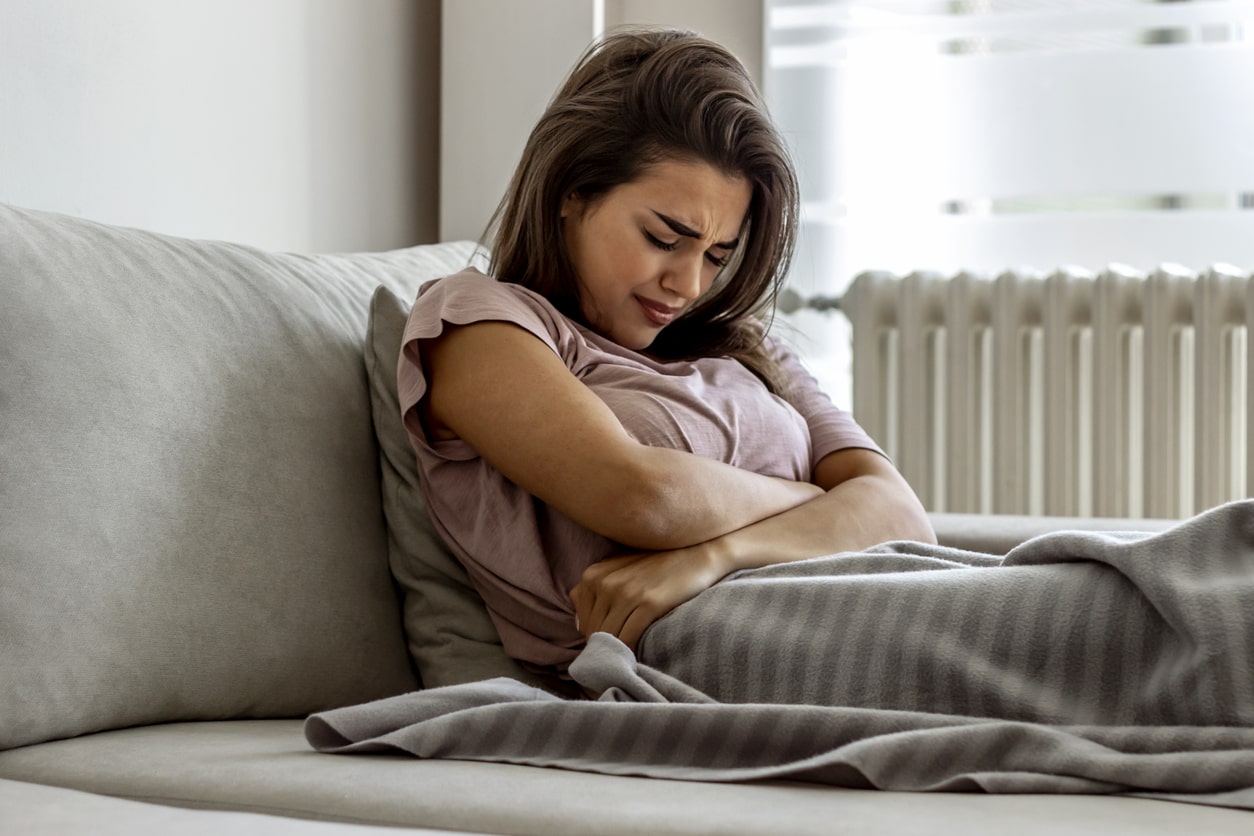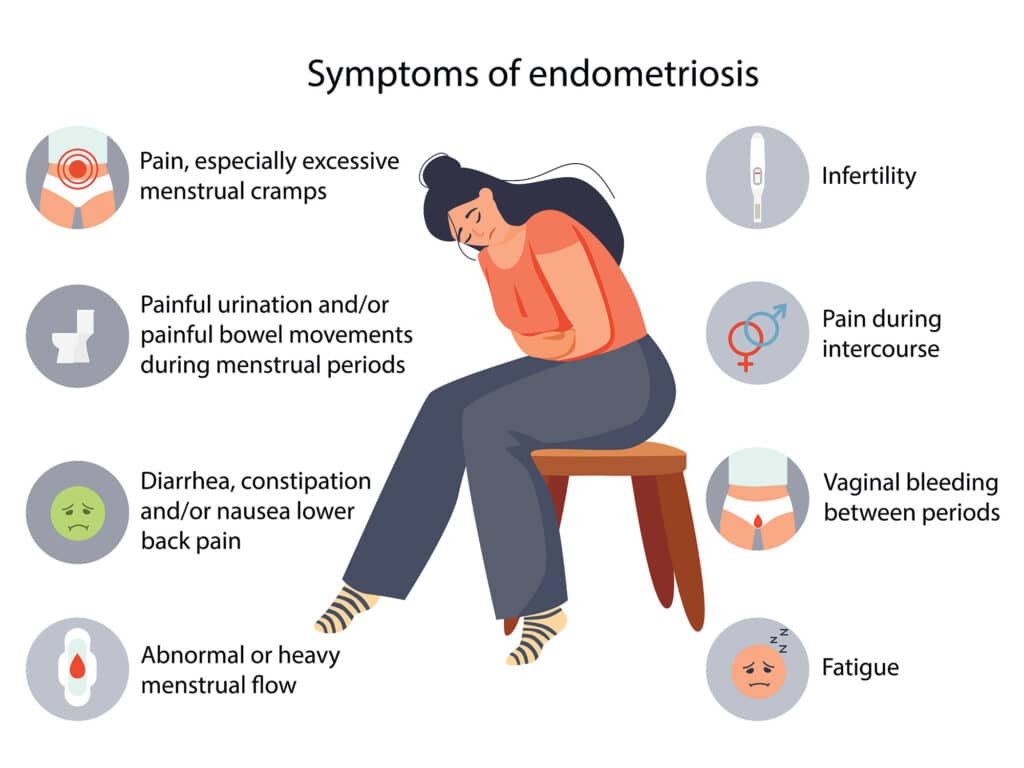What Is An Endometriosis Flare Up

For individuals living with endometriosis, periods aren't just a monthly inconvenience; they can be a signal of an impending storm. That storm is an endometriosis flare-up, a period of intensified symptoms that can significantly disrupt daily life.
An endometriosis flare-up involves a sudden and often debilitating increase in the severity of endometriosis symptoms. Understanding what these flare-ups entail is crucial for effective management and improved quality of life for those affected.
Understanding Endometriosis and its Symptoms
Endometriosis is a condition where tissue similar to the lining of the uterus (the endometrium) grows outside of the uterus. This tissue can be found on the ovaries, fallopian tubes, and other areas in the pelvic region.
According to the Endometriosis Association, the condition affects an estimated 1 in 10 women of reproductive age. The misplaced endometrial tissue responds to hormonal changes in the menstrual cycle, thickening and bleeding just like the uterine lining.
This process can cause inflammation, pain, and the formation of scar tissue (adhesions). Common symptoms of endometriosis include chronic pelvic pain, painful periods (dysmenorrhea), pain during or after intercourse (dyspareunia), heavy bleeding, and infertility.
What Triggers an Endometriosis Flare-Up?
While the exact cause of endometriosis flare-ups can vary from person to person, certain factors are known to contribute to their onset. These triggers can be broadly categorized into hormonal, lifestyle, and environmental influences.
Hormonal fluctuations, particularly those associated with the menstrual cycle, are a primary trigger. Changes in estrogen levels can exacerbate the growth and inflammation of endometrial tissue outside the uterus, leading to increased pain and other symptoms.
Stress is another significant factor. When the body experiences stress, it releases cortisol, which can influence the inflammatory response and potentially worsen endometriosis symptoms. Diet also plays a role; certain foods known to cause inflammation, such as processed foods, red meat, and excessive sugar, may trigger flare-ups.
Furthermore, environmental factors like exposure to toxins and pollutants have been suggested as potential triggers. Individual sensitivities and underlying health conditions can also influence the likelihood and severity of flare-ups.
Symptoms of an Endometriosis Flare-Up
An endometriosis flare-up is characterized by a sudden and significant increase in the intensity of endometriosis symptoms. The most common symptom is severe pelvic pain, which can be sharp, stabbing, or a dull ache that radiates to the lower back and legs.
Other symptoms may include increased fatigue, nausea, bloating, and bowel or bladder problems. Some women also experience heightened sensitivity to pain, making everyday activities unbearable.
The severity and duration of a flare-up can vary. It can last for a few hours, days, or even weeks. The unpredictable nature of flare-ups can significantly impact a woman's ability to work, socialize, and perform daily tasks.
Managing and Coping with Flare-Ups
Managing endometriosis flare-ups requires a multi-faceted approach that combines medical treatments with lifestyle modifications. Pain management is a primary focus.
Over-the-counter pain relievers like ibuprofen and naproxen can help alleviate mild to moderate pain. Prescription pain medications, such as opioids, may be necessary for more severe pain, but should be used cautiously due to the risk of dependence.
Hormonal therapies, such as birth control pills, GnRH agonists, and aromatase inhibitors, can help suppress the growth of endometrial tissue and reduce pain. Surgery to remove endometrial implants and adhesions can also provide relief, but the condition can recur.
Beyond medical treatments, lifestyle modifications can play a significant role in managing flare-ups. Adopting an anti-inflammatory diet rich in fruits, vegetables, and omega-3 fatty acids can help reduce inflammation in the body. Regular exercise, stress-reducing techniques like yoga and meditation, and adequate sleep are also beneficial.
Building a support network of family, friends, and healthcare professionals is essential. Connecting with other women who have endometriosis can provide emotional support and practical advice for coping with the condition.
The Impact of Endometriosis Flare-Ups
Endometriosis flare-ups can have a profound impact on a woman's quality of life. The chronic pain and fatigue associated with flare-ups can interfere with work, school, and social activities. The unpredictable nature of flare-ups can also lead to anxiety and depression.
According to a study published in the journal Human Reproduction, women with endometriosis report significant impairments in their physical, emotional, and social well-being. The financial burden of managing the condition, including medical expenses and lost productivity, can also be substantial.
Raising awareness about endometriosis and its impact is crucial for improving early diagnosis and treatment. Encouraging open conversations about menstrual health and providing support for women with endometriosis can help reduce the stigma associated with the condition.
Seeking Professional Help
If you suspect you may have endometriosis or are experiencing frequent flare-ups, it's essential to seek professional medical advice. A gynecologist specializing in endometriosis can perform a thorough evaluation and recommend the best course of treatment.
Early diagnosis and treatment can help prevent the progression of the disease and improve long-term outcomes. Don't hesitate to advocate for your health and seek the care you need.
Understanding endometriosis flare-ups is a critical step towards managing this often debilitating condition. By recognizing the triggers, symptoms, and effective coping strategies, women with endometriosis can take control of their health and improve their quality of life.
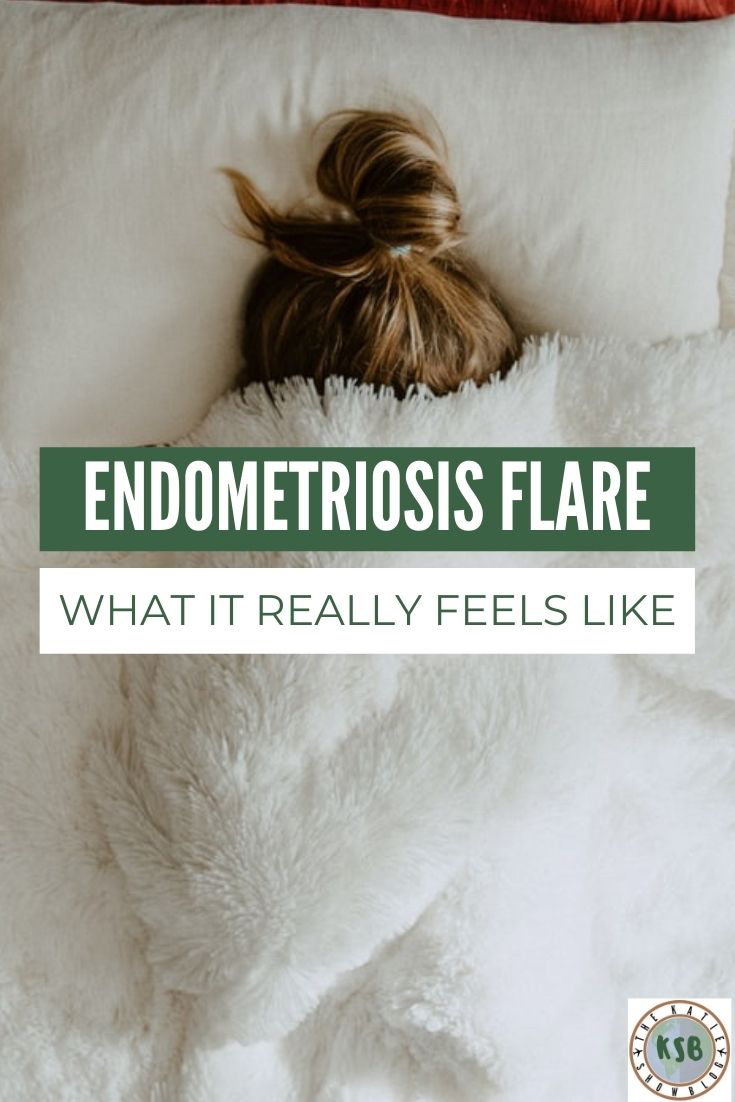


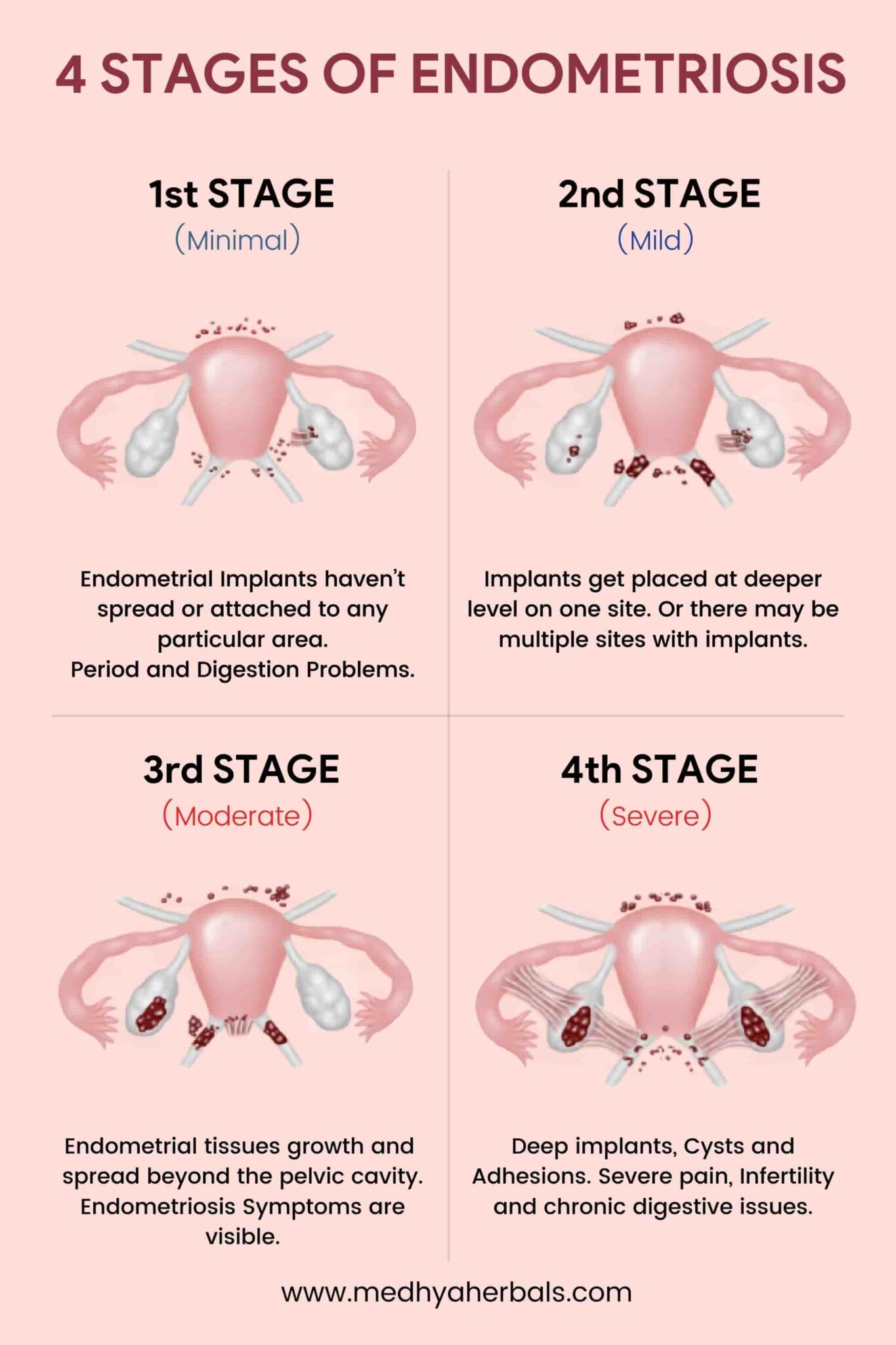

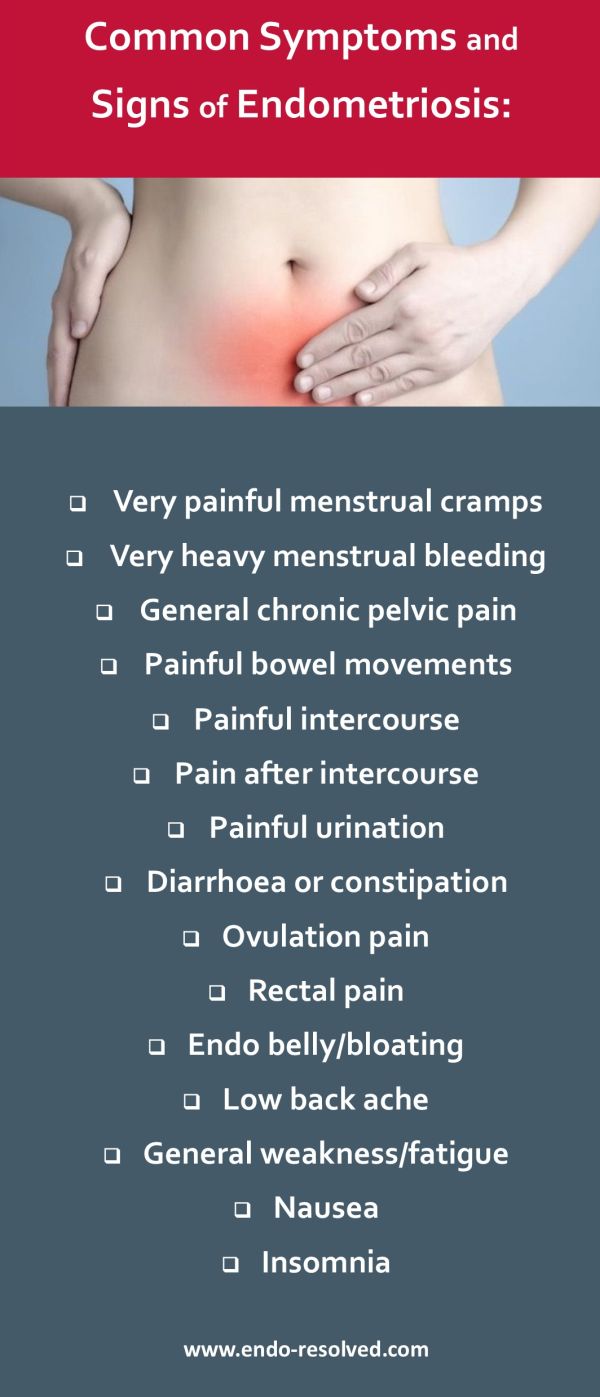


:max_bytes(150000):strip_icc()/endometriosis-or-ibs-1945368_final-a73079b2a55d4176ba1dd87fcacd94ed.jpg)
